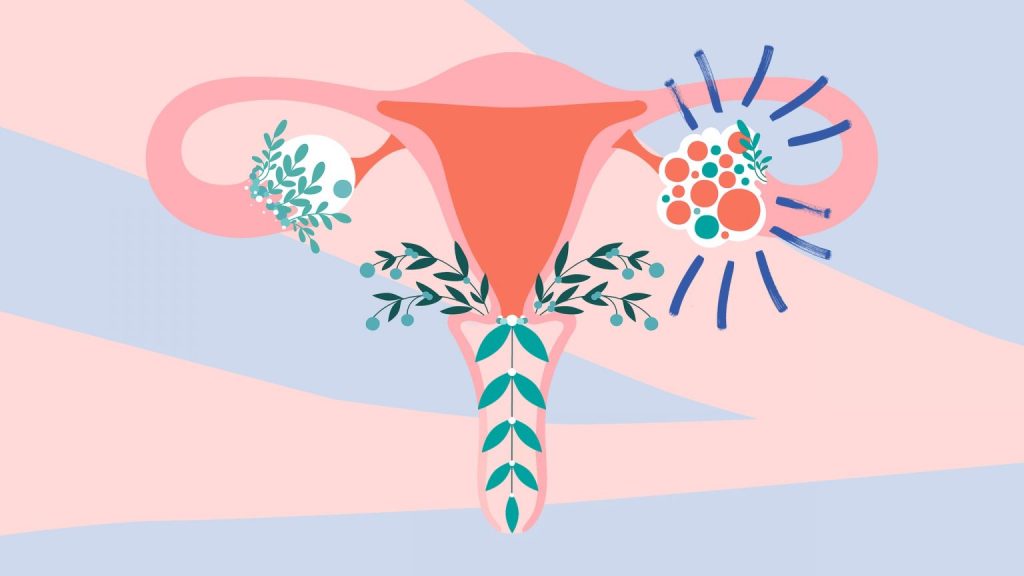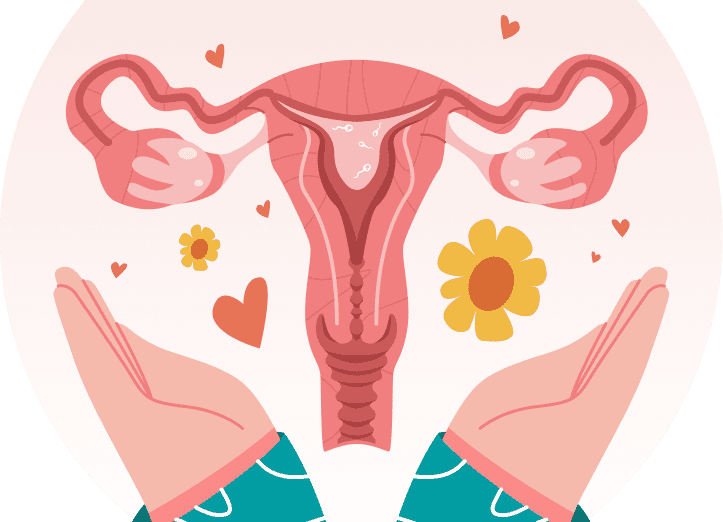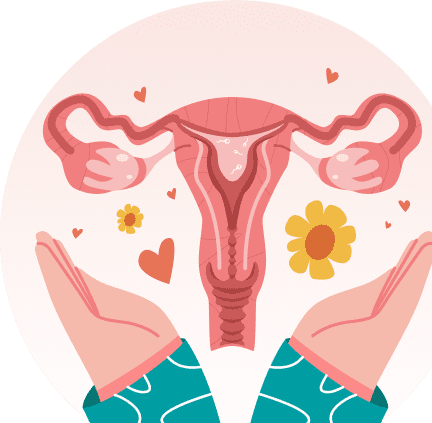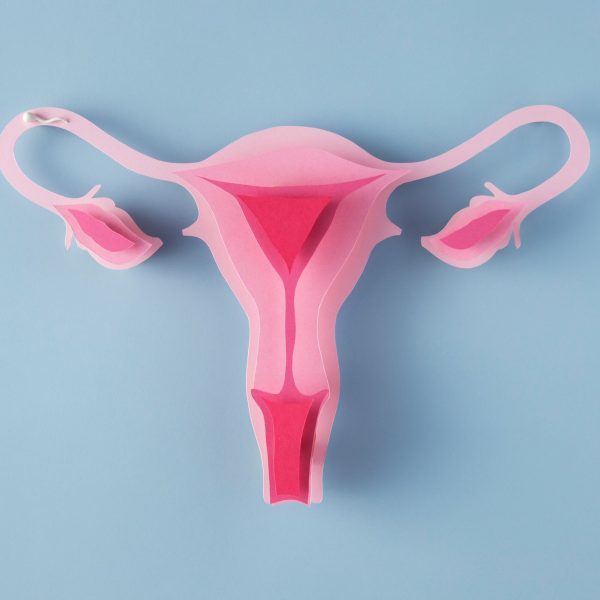With a chronic ailment affecting one in every 5 women, come misjudged assumptions, myths, misplaced beliefs and whatnot. It can often be difficult to navigate a chronic ailment based on what people close to us say and supposedly benign advice which can potentially be completely unscientific. This is why we felt the need to collate some of the most commonly heard myths (to the extent that they are assumed to be true) to clear the air.
Myth 1: PCOS is a disease of the ovaries
Fact: PCOS is an endocrine and metabolic disorder that affects the body beyond the ovaries. Not everyone with PCOS has ovarian cysts, and polycystic ovaries on their own don’t meet the criteria for diagnosis.
Myth 2: Irregular menstrual cycle means one has PCOS
Fact: While irregular periods are a symptom of PCOS, missed periods or irregular periods can also be caused by other chronic ailments or lifestyle conditions. Irregular periods can be caused by inadequate exercise, excess stress or improper functioning of the thyroid gland also.
Myth 3: PCOS can be reversed
Fact: PCOS cannot be cured. Only the symptoms of PCOS like fertility issues, weight issues, acne, hair loss etc can be reversed. Diet and exercise changes can have a big impact on preventing and managing PCOS.
Myth 4: People with PCOS cannot get pregnant naturally
Fact: That’s not true. Getting pregnant can take longer if ovulation in women with PCOS is occurring every few months and not every month. People with PCOS are more likely to seek out and require fertility treatments than people who don’t have it. But research shows that people with and without PCOS have a similar number of pregnancies and children over their lifetimes. In fact, the majority of people with PCOS who are trying to conceive will become pregnant and give birth without any fertility treatment at least once in their life
Myth 5: PCOS happens only in overweight women
Fact: Weight gain is common in women with acquired PCOS due to a sedentary lifestyle. Almost 80-85 per cent of women with PCOS are overweight. But PCOS can happen in women with normal body weight also, particularly those who have a family history.

Myth 6: Losing weight can completely cure PCOS
Fact: Unfortunately, PCOS is life long condition, one that can be managed but never cured. A weight loss of at least 10 per cent will result in an improvement of symptoms by decreasing hyperinsulinemia and excess male hormones.
Myth 7: Women with PCOS can lose weight like anyone else
Fact: Not true — weight loss for women with PCOS is a lot more complicated than for women without it. Insulin resistance makes it harder for women with PCOS to lose weight and so while they may control their diets and exercise as much as an average person, their weight loss is a lot more gradual.
Myth 8: You’ll know for sure if you have PCOS
Fact: With common symptoms like acne, mood swings, and irregular periods, it can be easy to chalk these up to other causes, like stress. The only way to know for sure if you have PCOS is to consult an OB-GYN and get tested with the Rotterdam criteria.
Myth 9: Every woman with PCOS should take birth control pill
Fact: Hormonal birth control is a common way doctors treat the menstrual irregularities of PCOS. But the treatment for PCOS will largely depend on your end goal. If you want to get pregnant, you certainly won’t go on a birth control pill. There are ways to manage your PCOS and reverse the symptoms by reducing stress, adding more exercise, and yoga to your routine and having a nutritious and anti-inflammatory diet.
Myth 10: If you get PCOS, you will also get diabetes or thyroid
Fact: Not true. While insulin resistance heightens your chances of getting diabetes or improper thyroid functioning, there is no direct correlation between PCOS and diabetes, thyroid.
Have more questions? The team at Shyft is equipped to help you. Our expert panel of Clinical nutritionists, yoga experts and doctors ensure that the advice for lifestyle modification is tailored to your specific requirements. Download the app today for more specific advice on managing your PCOS with yoga and nutrition!
Read more: Lifestyle Tips to Manage PCOS




















Share this article